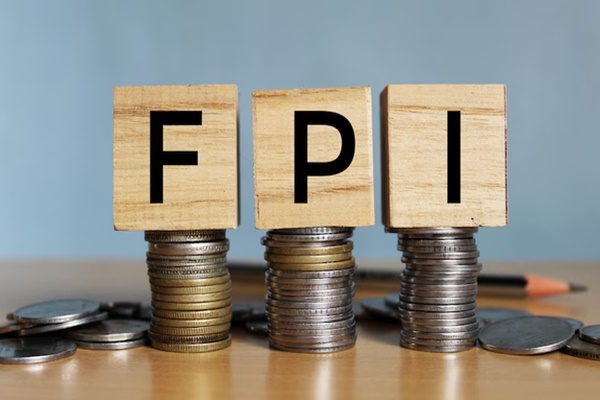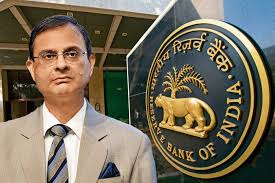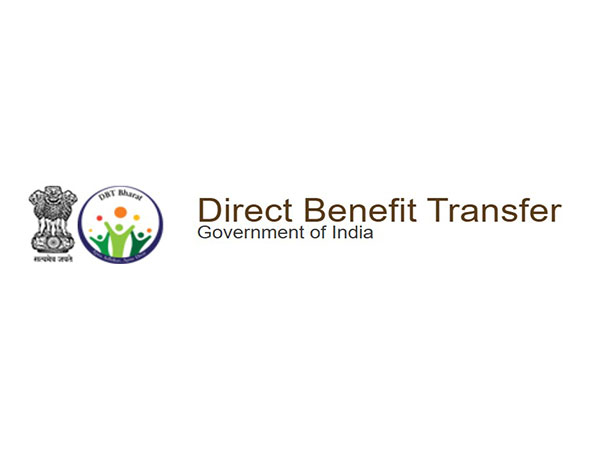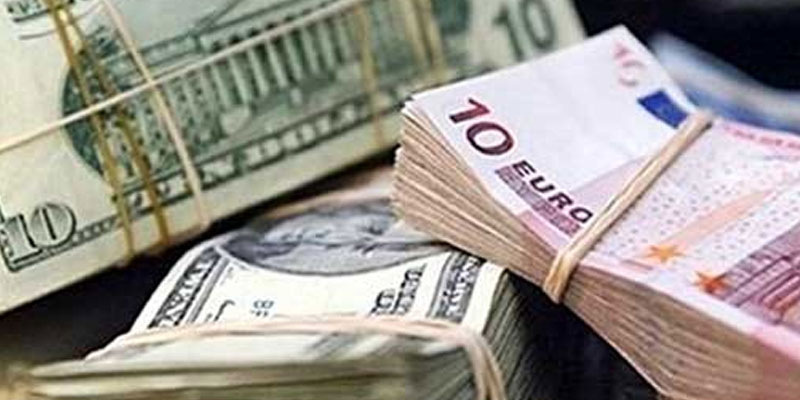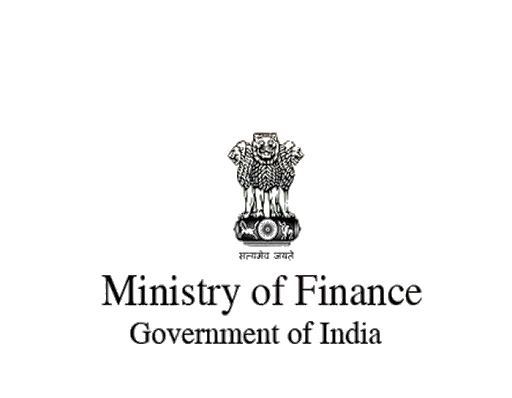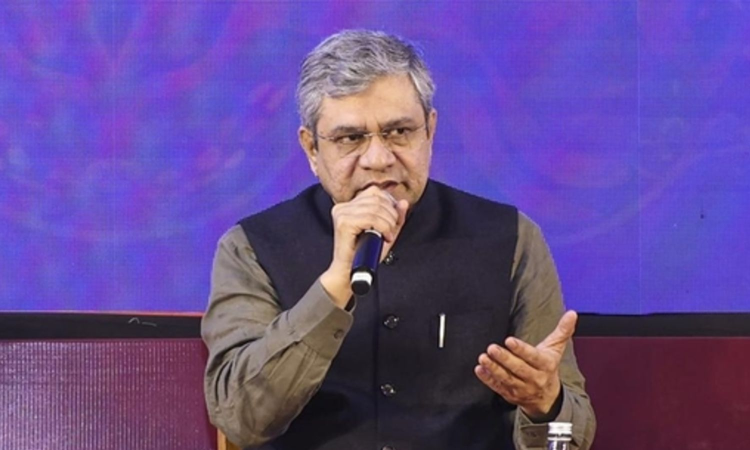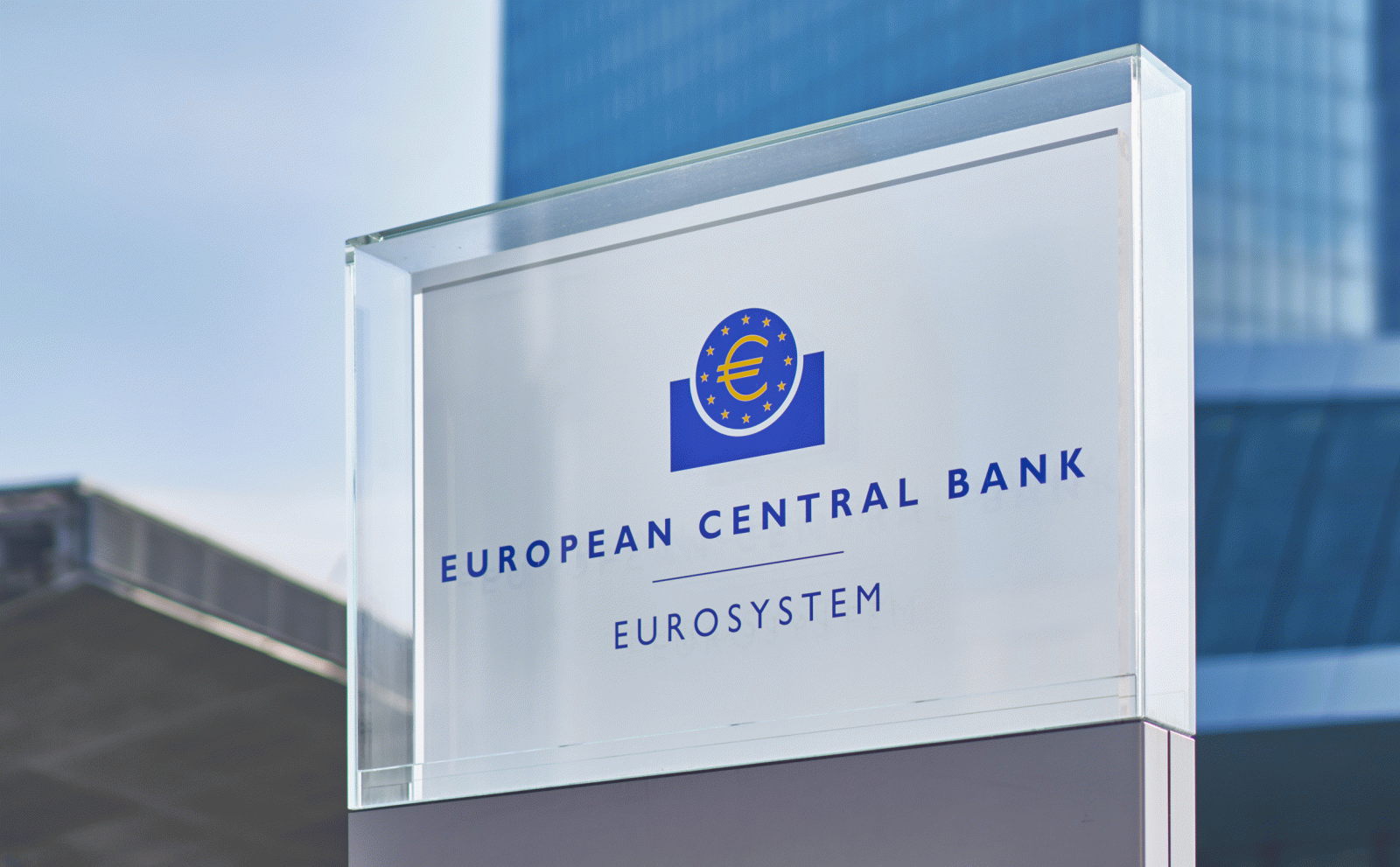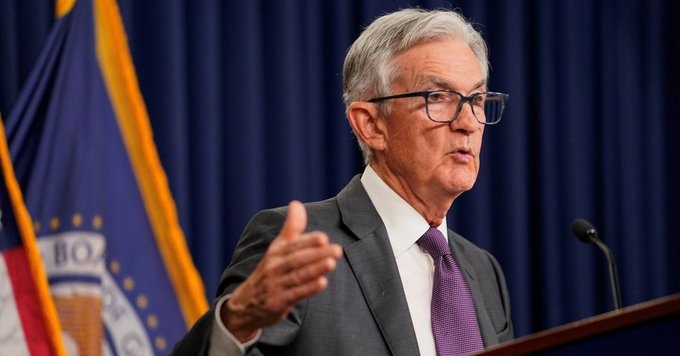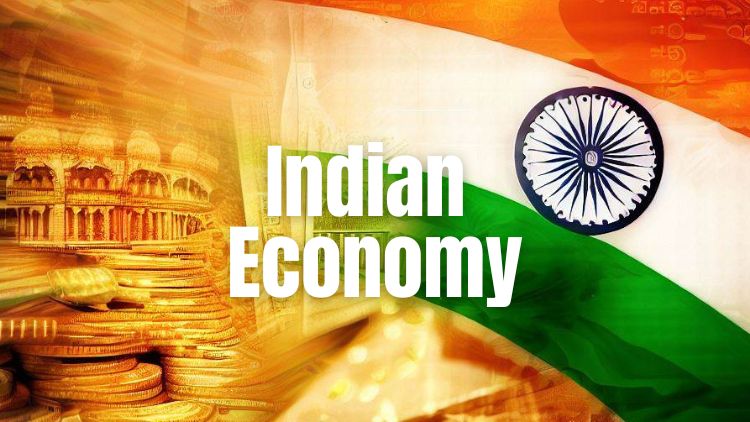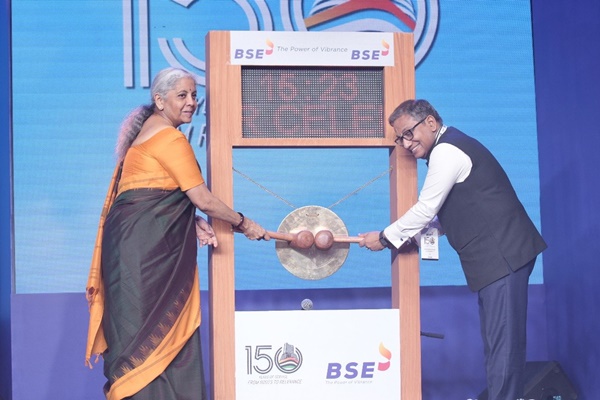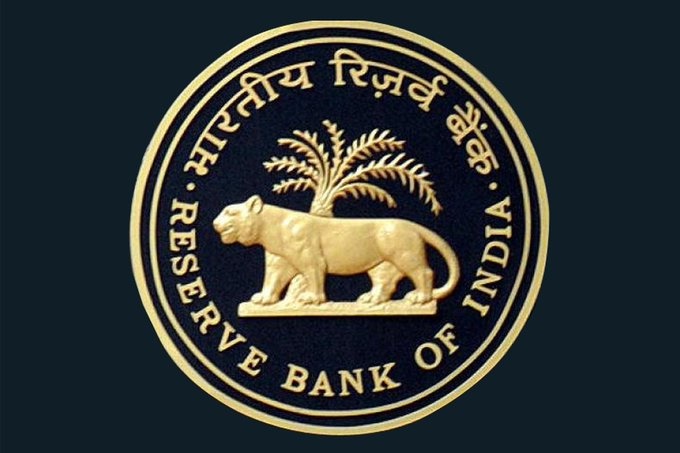World Bank maintains India’s 2023-24 GDP growth at 6.3 pc
Tue 03 Oct 2023, 13:04:20
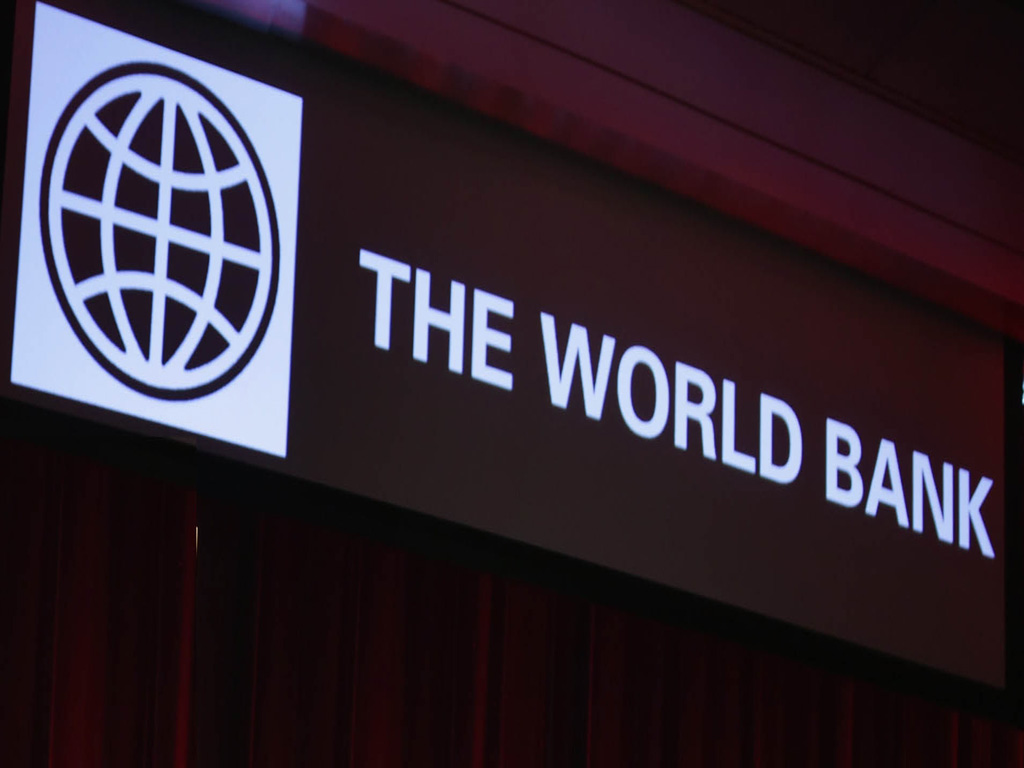
New Delhi: The World Bank has retained India’s GDP growth forecast for the financial year 2023-24 at 6.3 per cent and noted that the country continued to show resilience against the backdrop of a challenging global environment.
The World Bank in its April report had cut India’s growth forecast for 2023-24 to 6.3 per cent from the earlier 6.6 per cent.
According to the World Bank’s latest India Development Update (IDU) released Tuesday, the international financial institution’s flagship half-yearly report on the Indian economy, observed that despite significant global challenges, India was one of the fastest-growing major economies in 2022-23 at 7.2 per cent.
“India’s growth rate was the second highest among G20 countries and almost twice the average for emerging market economies. This resilience was underpinned by robust domestic demand, strong public infrastructure investment and a strengthening financial sector,” World Bank said.
This fiscal, bank credit in India grew 15.8 per cent in the first quarter compared with 13.3 per cent in the first quarter of previous fiscal.
India’s service sector activity is expected to remain strong with growth of 7.4 per cent and investment growth is also projected to remain robust at 8.9 per cent.
“An adverse global environment will continue to pose challenges in the short-term, ” said Auguste Tano Kouame, World Bank’s Country Director in India.
“Tapping public spending that crowds in more private investments will create more favourable conditions for India to seize global opportunities in the future and
thus achieve higher growth.”
thus achieve higher growth.”
The World Bank expects that global headwinds will continue to persist and intensify due to high global interest rates, geopolitical tensions, and sluggish global demand and as a result, global economic growth is also set to slow down over the medium term.
About adverse weather conditions in India that contributed to a spike in inflation in recent months, World Bank in the report said the price rise is expected to decrease gradually as food prices normalize and government measures increase the supply of key commodities.
“While the spike in headline inflation may temporarily constrain consumption, we project a moderation. Overall conditions will remain conducive for private investment,” said Dhruv Sharma, Senior Economist, at the World Bank, and lead author of the report.
“The volume of foreign direct investment is also likely to grow in India as rebalancing of the global value chain continues.” Headline inflation in India rose to 7.8 per cent in July due to a surge in prices of food items like wheat and rice, to later fall to 6.8 per cent in August.
Further, the World Bank expects fiscal consolidation to continue in 2023-24 with the central government fiscal deficit projected to continue to decline from 6.4 per cent to 5.9 per cent of GDP.
Public debt is expected to stabilize at 83 per cent of GDP. On the external front, the current account deficit is expected to narrow to 1.4 per cent of GDP, and it will be adequately financed by foreign investment flows and supported by large foreign reserves.
No Comments For This Post, Be first to write a Comment.
Most viewed from Business
AIMIM News
Latest Urdu News
Most Viewed
May 26, 2020
Do you think Canada-India relations will improve under New PM Mark Carney?
Latest Videos View All
Like Us
Home
About Us
Advertise With Us
All Polls
Epaper Archives
Privacy Policy
Contact Us
Download Etemaad App
© 2025 Etemaad Daily News, All Rights Reserved.

